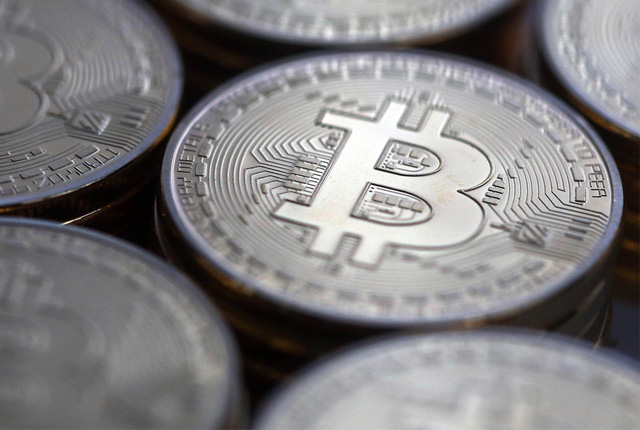Globalization is taking enterprises across borders, often into potentially unstable territories. Insurance companies are implementing blockchain technology to provide them better coverage against political risks.
Political situations are a constant in a company’s life, as are technological innovations. Sometimes political upheavals change the shape of the world, consider the Arab Spring, or Brexit, for example. In order to survive, companies have to intelligently operate through rapid reversal of fortunes and the more ambitious ones are actively looking for ways to master them in order to survive. However, enterprises can actually enter markets with insurance against political risks, especially in regions with a high density of untapped population. Since the very process of verification of documents and subsequent insurance payouts can be complicated and time-consuming, technological innovations such as blockchain are playing an increasingly big part in simplifying matters.
Implications of Political Risk to Companies
It is not just companies that have operations in regions of conflict which are affected by adverse political situations. Sometimes the ruling political party in a stable democracy publicly criticizes certain companies leading to the drop in stock price of that firm. Wars impact the firm value as well, especially of a company related to the defense sector, or are perhaps in the travel and tourism company.
Even something less dramatic than wars and terrorist attacks can pose a risk to companies, such a rise in tax, or a political sanction that bars commercial ties with certain nations.
How can Insurance Companies Measure Political Risks?
It can be measured on a macro or a micro basis. Micro looks at the risk of a company going abroad, and macro looks at how risky the country is. One can refer to country risk indexes to understand that and go through the business risk environment index. The Wall Street Journal, for example, collaborates with the Heritage Foundation to come out with “the index of economic freedom” every year. It gives a fair idea of how free a country’s trade is, how frequently regimes are changed, and the rate of inflation, among other metrics.
How can Companies Protect themselves in the face of Political Unrest, and how could this have an Impact on Emerging Markets nearby?
A lot of people are interested in political risk particularly these days in view of situations in east Europe and the Middle East. One type of political risk mitigation is an insurance that is offered by banking intuitions. Take for example the Multilateral Investment Guarantee Agency (MIGA), an initiative by the World Bank in Washington. It has reported a marked increase in request for investments that have been made or are about to be made in Ukraine and countries nearby. Investors in these countries are concerned about energy supplies which could be at risk as a result of the clash between the Russian Federation and Ukraine.
The types of risk that could be covered by insurance are expropriation, war, civil disturbance and terrorism, currency inconvertibility and transfer restriction, or even breach of contract between companies and government ministries.
Companies that can seek Political Risk Insurance
Banks top the list. Banks make two types of loans among others – one is loans made to ministries to finance emerging markets. These would be covered by a protection pertaining to non-honoring of sovereign financial obligations. The second is banks granting loans directly to companies to finance their projects. Such projects in emerging markets are often funded by commercial banks which can be protected by insurance.
Another category eligible for political risk insurance is manufacturing companies who often build facilities or expand existing facilities. They make investments in equities for that and even take intercompany loans. Other companies could be oil and gas companies, infrastructure companies involved in the water sector, roads, ports, airports, the transportation sector, education, health, even hotels.
Source/More: Blockchain and Political Risk Insurance| HashCash Consultants






















